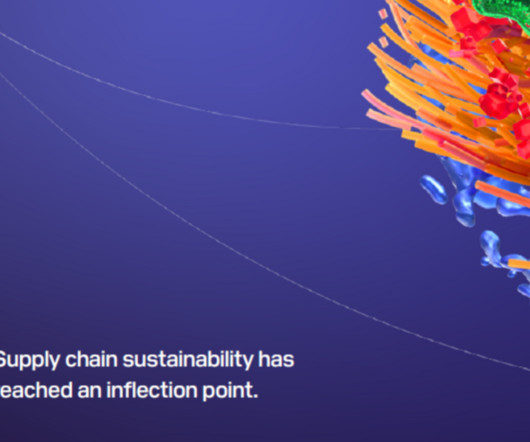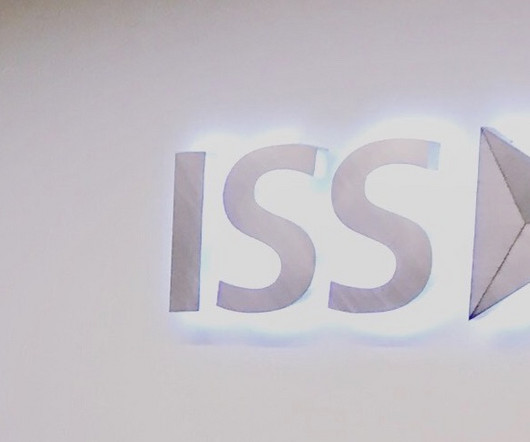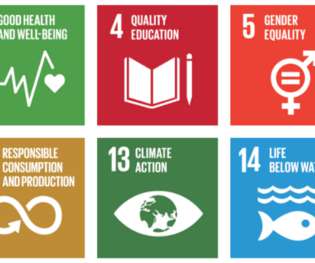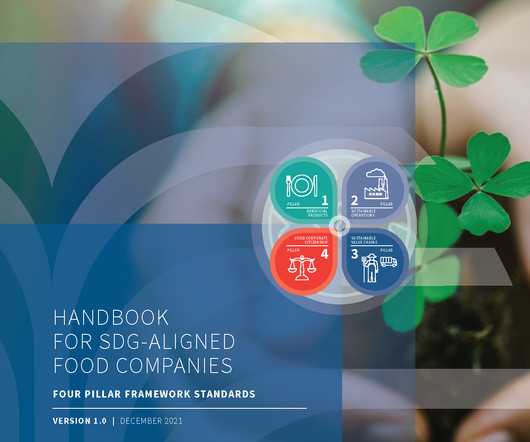These 50 Canadian corporations are carving out a more sustainable future
Corporate Knights
JUNE 25, 2025
Banks, asset management and insurance peer groups are not assessed on the sustainable investment KPI. The weight of this KPI has been reweighted to the sustainable revenue KPI. of their capital spend into sustainable investments compared to just 8.7% Best 50 companies are pouring 56.4%
















Let's personalize your content